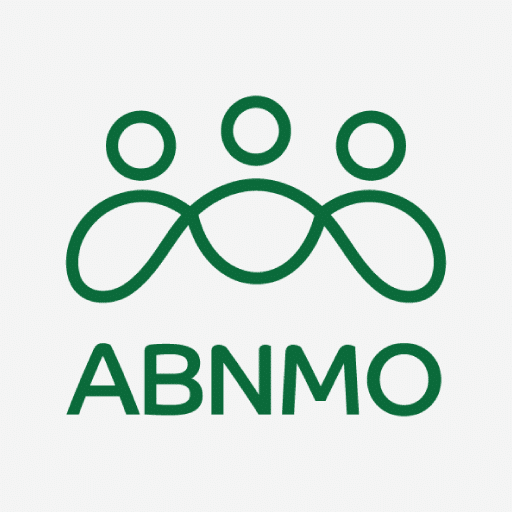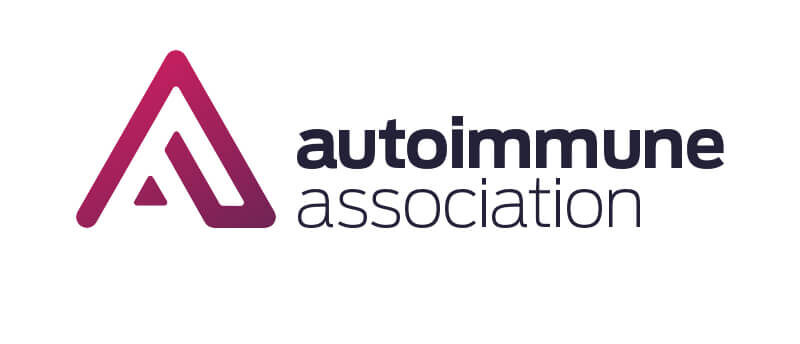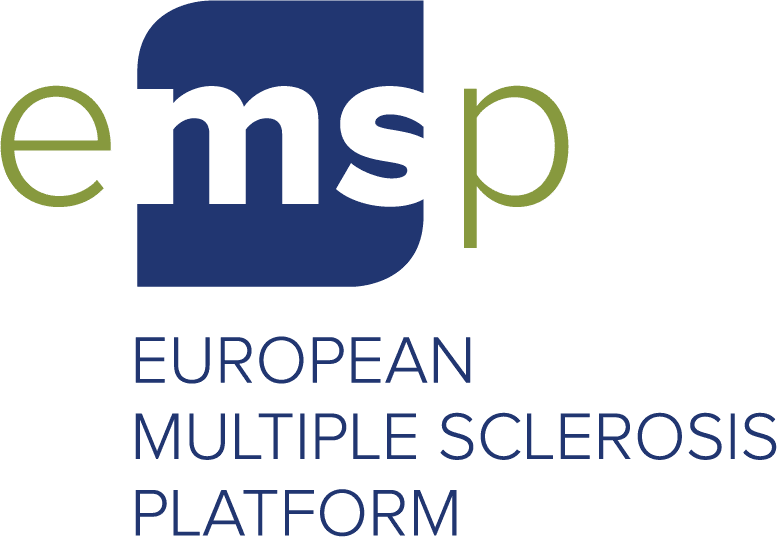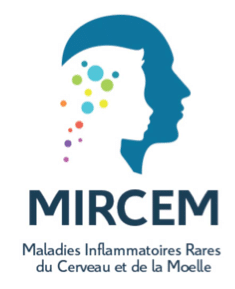
Eculizumab in Aquaporin-4-Positive Neuromyelitis Optica Spectrum Disorder
Journal: The New England Journal of Medicine; August 15, 2019
Author(s): Sean J Pittock, Achim Berthele, Kazuo Fujihara, Ho Jin Kim, Michael Levy, Jacqueline Palace, Ichiro Nakashima, Murat Terzi, Natalia Totolyan, Shanthi Viswanathan, Kai-Chen Wang, Amy Pace, Kenji P Fujita, Róisín Armstrong, Dean M Wingerchuk
Clinical trial of eculizumab treatment in NMOSD patients testing positive for aquaporin-4 antibodies
In this clinical trial called the PREVENT study, 143 patients were randomly assigned to receive either eculizumab or placebo in a 2:1 ratio (2 patients on eculizumab for every 1 on placebo). Patients were allowed to continue receiving immunosuppressants such as azathioprine if they were already on them. However, patients who had been receiving rituximab or mitoxantrone at the time of recruitment or up to 3 months prior were not allowed to participate. Patients were vaccinated against Neisseria meningitidis. The effects of eculizumab were assessed in terms of time to first relapse after treatment, annualized relapse rate, changes in disability scores, and quality of life. Safety assessments included monitoring for adverse events, evaluation of vital signs, a physical examination, electrocardiography and clinical laboratory tests, and evaluation for the presence of suicidal ideation or behavior. The results showed that among patients with AQP4-IgG–positive NMOSD, those who received eculizumab had a significantly lower risk of relapse than those who received placebo.
Free Access: Full text
































